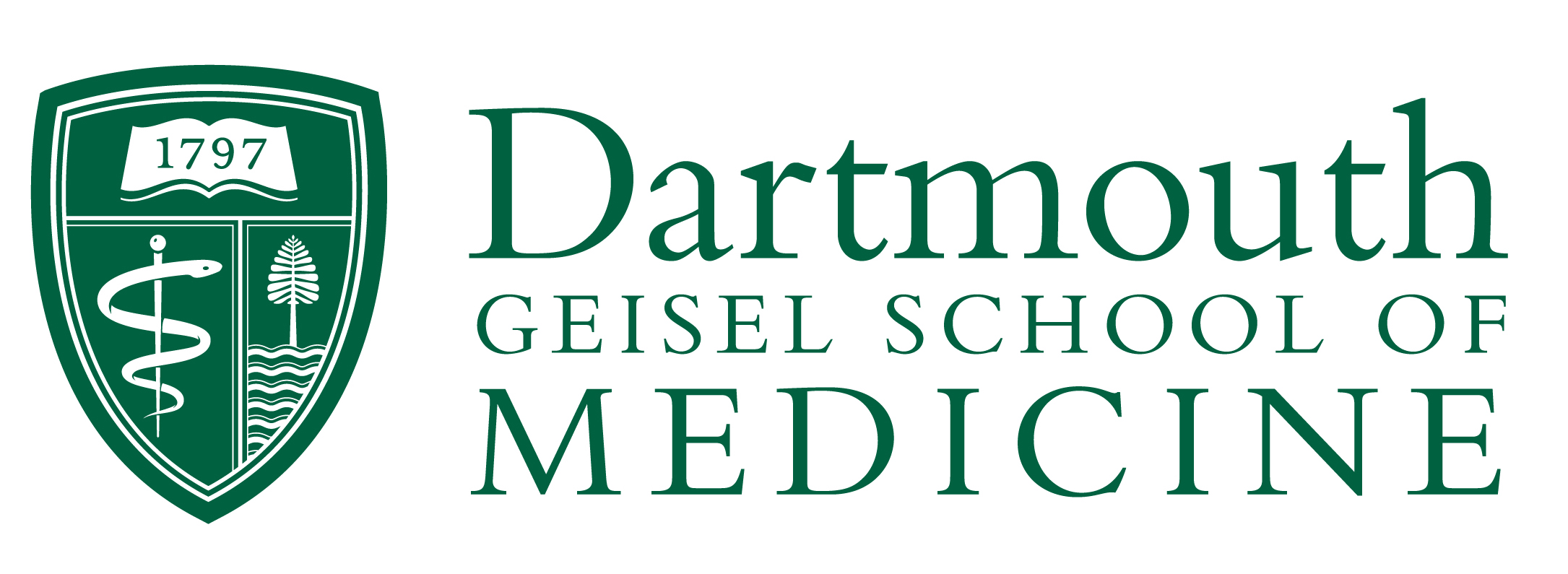Meghna Patel laid the cornerstone of her career in a Dartmouth classroom. She’d already earned an MBA in healthcare administration from Union College, but she was still seeking a profession in which to integrate her seemingly disparate interests in clinical care, public health, and process improvement. As a student in the nine-month, accelerated masters of public health degree program at The Dartmouth Institute for Health Policy and Clinical Practice, she found her niche.

“It’s been a great foundation for me,” says Patel, the staff vice president-operational excellence at CareMore & Aspire-Anthem Diversified Business Group (DBG), a care delivery organization that serves more than 100,000 people nationwide. “I’m always taking a problem-solving approach.”
She credits Paul Batalden, MD, now a professor emeritus at The Dartmouth Institute, and his course “Continual Improvement of Health Care” for cementing her priorities. Says Patel: “He talked about looking at the clinical microsystem, starting at the lowest level and looking at data, process, and outcomes.” His favorite saying still rings in her ears: “Every system is perfectly designed to get the results it gets.”
Patel worked for six years in analytics and quality improvement for Stanford Healthcare and Lucille Packard Children’s Hospital before she realized there was one more perspective she needed to understand the systems she was refining—so she became a registered nurse. “Being a naturally curious person, I got some really good exposure in a variety of clinical settings,” says Patel, who did stints in pediatric critical care nursing, adult surgical oncology nursing, and geriatric home health case management.
Today, Patel says, her job boils down to a single principle:
And while she misses the one-on-one connections she had with patients and their families as a nurse, the patients she currently serves—elders receiving institutional-level healthcare in their homes or residential facilities—are perhaps the nation’s most vulnerable.
“If I want to work on the high-level systems change I learned to do at Dartmouth,” she says, “I need to step back and focus on the systems-level changes that can ultimately make a difference in a person’s care.”
Written by Sharon Tregaskis





